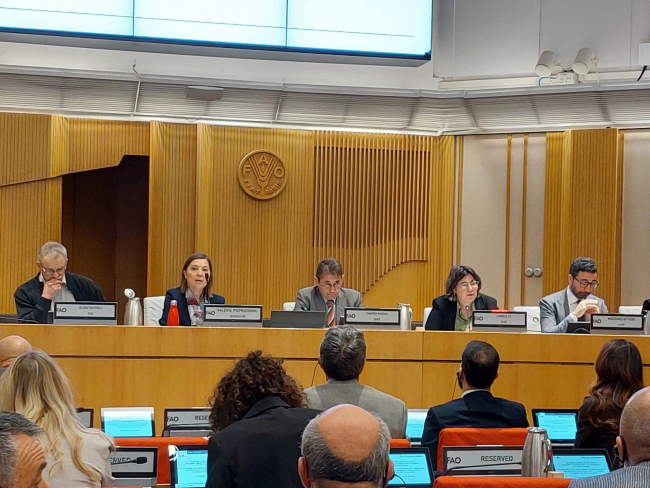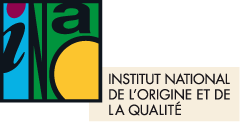This article is older and has been archived.
It remains accessible, but the information provided may be out of date or incorrect.

The Geneva Act gives
- Geographical indications access to this mechanism previously reserved for appellations of origin only;
- Protection in Geneva Act member countries strengthened with lower registration costs.
AOs transferred from the Lisbon Agreement to the Geneva Act thus benefit
- From international registration in a single register instead of multiple, often recurring, fee-based registrations with national intellectual property institutes in third countries;
- Preserving the anteriority of registration rights under Lisbon, which protects against a trademark infringing the AO;
- A registration "once and for all" and therefore without renewal fees.
It is within this framework, steered by the European Union, that France must update registrations operated under the Lisbon Arrangement, which dates back to 1958.
This transfer will take place in tranches, as and when the European Commission's decisions allow the French authorities to proceed with the modifications. All ODGs concerned by each instalment will receive an individualized standard letter.
This individual letter recalls the tremendous opportunity that France's accession to the Geneva Act represents for the development of a global system for the registration of appellations and geographical indications, with a level of protection similar to that enjoyed by PDOs and PGIs at European level.
INAO is responsible for the entire set-up and administrative and legal follow-up of the dossiers. For WIPO registration fees, the French authorities have retained a payment payable by the ODG, just as has always been the case for registrations with national intellectual property institutes in third countries. This cost, which varies according to the number of modifications to be made, must however be put into perspective in view of the difficulties and costs associated with other avenues of international protection (bilateral agreements with restricted lists and direct individual applications for protection in accordance with the procedures laid down by each third country's national legislation).
The transfer of all the AOs concerned should take place between September 2021 and the end of 2022, i.e. in a timeframe of around 18 months. It is therefore important to anticipate the corresponding expenditure at the end of 2021 and in the 2022 financial year. A different timetable for AOs and PGIs not registered in Lisbon.
Thus, implementing enhanced international protection for AOs and PGIs requires joint action by a plurality of players.
The transfer of all the AOs concerned should take place between September 2021 and the end of 2022, i.e. in a timeframe of around 18 months. It is therefore important to anticipate the corresponding expenditure over the end of 2021 and the 2022 financial year.
A different timetable for AOs and PGIs not registered in Lisbon:
All the news about international cooperation
The European Commission is organizing a mission to Thailand from May 24 to 29, 2026, chaired by the European...
News

News
The European Commission will be taking part in the 28th Food and hospitality China trade fair, to be held in Shanghai...
News

News
The Food and Agriculture Organization of the United Nations (FAO) is organizing an international conference dedicated to...
News

News
